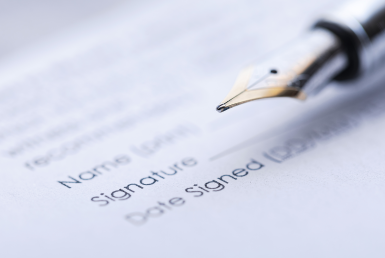15 Tips how to make your house more energy efficient and to save money

The house is a system. You save money and improve performance when you take cost-effective measures that reduce building loads, and then install systems and appliances that are the right size to meet the reduced loads. In general, oversizing worsens performance and increases costs.
The most effective strategy for improving household energy efficiency is to first target your home’s envelope—walls, windows and doors. Then, improve the energy efficiency of systems, such as heating, cooling, lighting and appliances. Finally, consider clean energy generation such as solar or geothermal.
1. Run the numbers
The first step to reducing your energy use is finding out … how you’re using your energy. If you need help, you can hire a local energy auditor or consult online tools that will walk through your home, take note of your lifestyle, and give you a list of personalized recommendations.
An energy audit works by connecting extremely accurate electrical test equipment (a data logger) to each circuit in your distribution board for a two-week period, which enables a qualified team to track and capture an accurate profile of your energy usage levels and patterns. After this, an analysis report is compiled that not only gives you the exact profile of your energy consumption, but also identifies and suggests energy and cost saving steps – a win-win for all.
2. Make sure your home is well insulated

3. Install Solar Panels

4. Change your lightbulbs to LEDs

According to Finance Minister, Tito Mboweni, the incandescent light bulb levy will be increased by R2 from R8 to R10 to encourage the uptake of more energy-efficient light bulbs. This levy will be raised on 1 April 2020. It is clear that Government would like to encourage consumers to reduce their environmental footprint and effectively save money through energy saving.
5. Unplug your cell phone
Don’t leave your mobile phone plugged in overnight. It only takes a couple of hours to charge. Cell phone and battery chargers that are plugged in but not in use are often referred to as energy vampires. The average charger consumes 0.26 watts of energy when not in use and 2.24 watts when connected to your phone. Alone, one charger won’t make much impact, but collectively energy vampires can be responsible for 10% of your energy bill. So, unplug your chargers when not in use.
6. Install Low-Flow Showerheads
Water saving shower heads are not only a great way of conserving water and reducing your carbon footprint but are also a great way of saving money. Research has shown that a water saving shower head uses up to 50% less water than a regular free flow shower head.
Standard shower heads will use as much as 9.5 litres per minute (lpm), though there are still some being sold that use as much as 14 litres per minute.
7. Don’t wash with hot water
Avoid running your washer with hot water and opt for cold or warm water when possible. According to Treehugger.com, 90% of the energy used by your washer is used to heat the water, and the other 10% is used to run the machine. This means using cooler water for every load can potentially save a significant amount of energy.
8. Turn off unnecessary water

9. Replace your desktop computer
Most tech experts estimate that you should replace your computer every four years. When the time comes for your desktop computer, consider replacing it with a laptop. Laptops use up to 80% less electricity and run on less energy. Laptop computers typically peak at a maximum energy draw of only 60 watts, whereas most desktops peak around 175 watts.
10. Close your blinds and curtains
During warmer months, close blinds, shades and drapes on the sunny side of your home to help keep your home’s temperature cooler and reduce the work for an air conditioner. Open shades during cooler months to let the sun warm your home.
11. Turn off the oven on time

12. Turn off the lights
Turn off the lights when they’re not in use. Lighting accounts for about 12% of a typical residential utility bill.
13. Switch off your ventilation fans
Don’t leave bathroom or kitchen ventilation fans running longer than necessary. They replace inside air with outside.
14. Turn off heated dry on your dishwasher and air dry instead

15. Set your refrigerator temperature to the manufacturer’s recommendation





